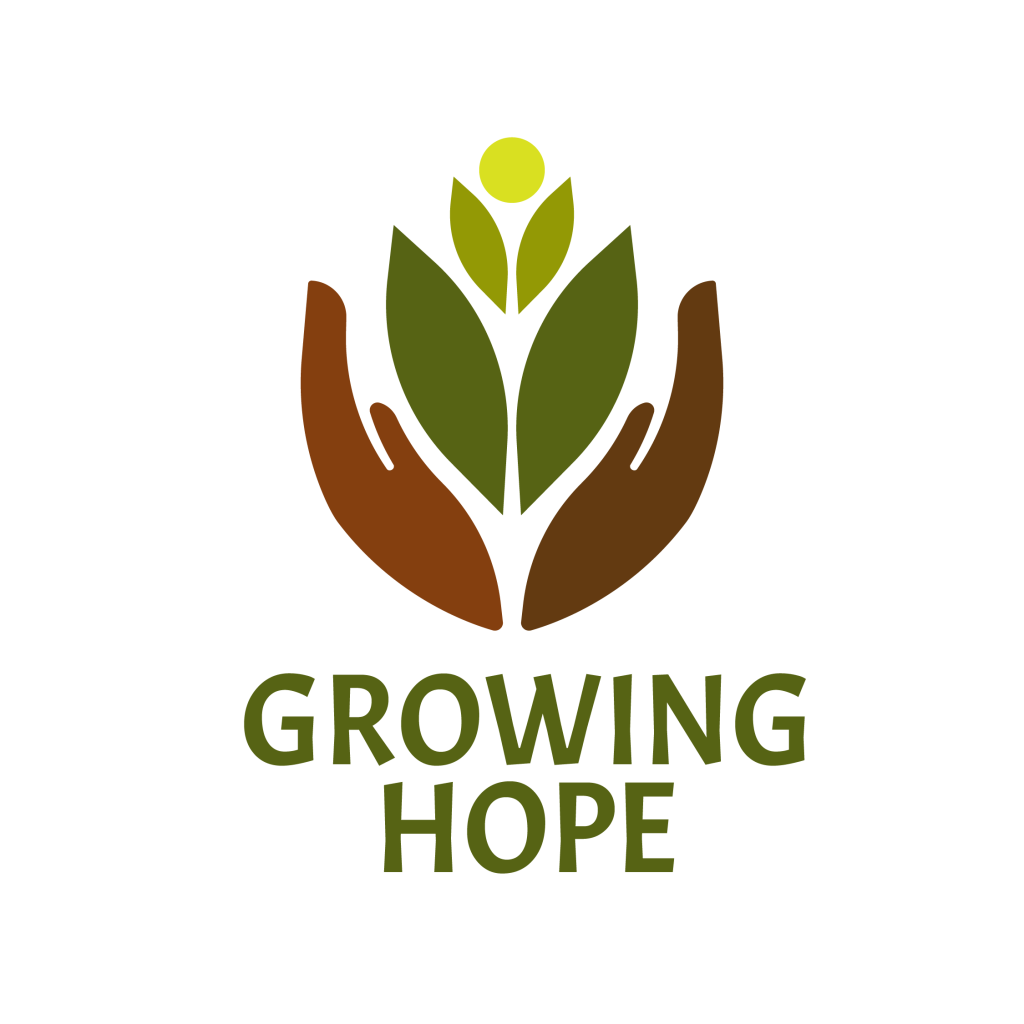
In Northern Cauca, Colombia, FUNDAEC is sowing the seeds of a new future—one rooted in food security, sovereignty, and harmony with the environment. Growing Hope is more than an agricultural project; it is a movement to transform the physical and social landscape of entire communities.
At its heart lies the vision of regenerative agriculture—a way of farming that restores soil, protects biodiversity, and renews the bonds between people, community, and nature. By blending ancestral knowledge with innovative agroecological practices developed by FUNDAEC, this initiative empowers small farmers, home gardeners, youth, and families to cultivate both food and resilience.
Northern Cauca has become one of Colombia’s most critical hunger hotspots, with 64% of households suffering from food insecurity. Once rich in diverse crops and traditional farming practices, the region is now dominated by sugarcane monoculture, which covers nearly 90% of permanent farmland. This shift has come at a devastating cost—stripping the soil of vitality, polluting ecosystems, harming public health, and fueling climate change. The expansion of sugarcane, driven by the global demand for ethanol, has deepened inequality. Today, just 5% of the population controls more than 60% of the land, pushing countless families off their farms and into cycles of poverty and displacement. What was once fertile ground for community well-being has become a source of conflict, despair, and environmental degradation. But this story is not only one of crisis—it is also one of opportunity. Transforming the food system in Northern Cauca is essential to restoring food security, regenerating the land, and building a future where communities can thrive in balance with nature.
